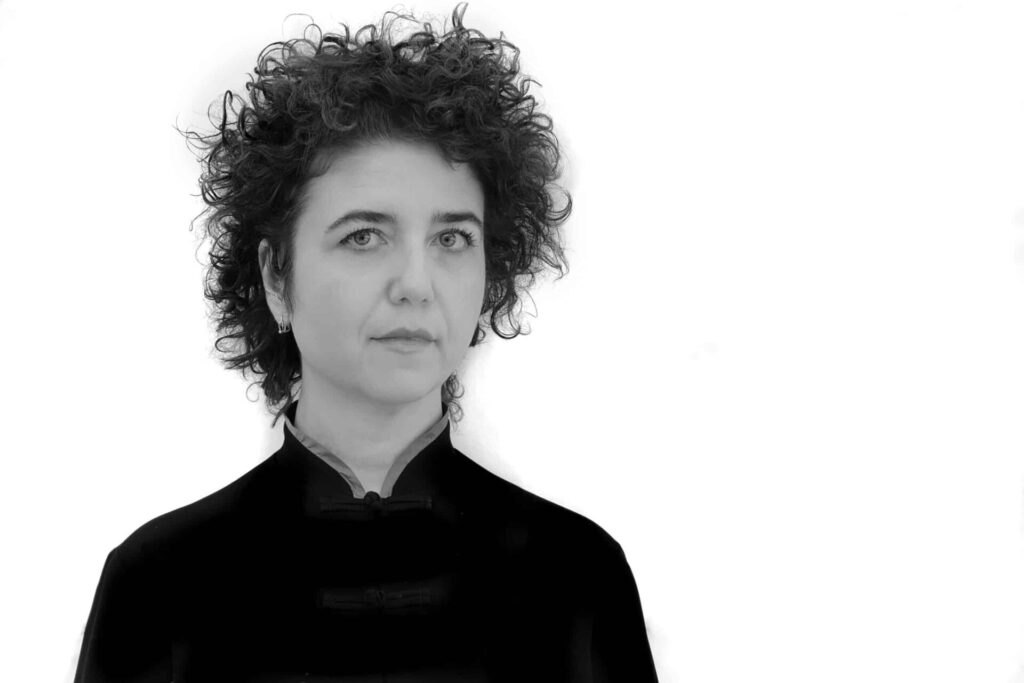Our New Commission
This year the Hastings International Piano Concerto Competition is introducing a new addition to the competition. For the first time, all participants will be required to perform a newly commissioned piece. The commission for 2024 is Time Unredeemable, by the distinguished composer Lera Auerbach.
Time present and time past
Are both perhaps present in time future,
And time future contained in time past.
If all time is eternally present
All time is unredeemable.– from T.S. Eliot’s Four Quartets

Time Unredeemable offers a different style of repertoire for performers. Auerbach’s distinctive musical style marries elements of the classical idiom with contemporary innovations, creating a rich and unique artistic experience. The piece reflects this fusion, promising an enriching experience for both performers and audiences. Performers will choose how to integrate this new piece into their solo recital, reflecting the interplay between the traditional and the new.
Speaking on the piece, Auerbach describes the role that the performer plays in the composition: “Time Unredeemable places the performer at a crossroads, offering a choice between two paths. As the work unfolds, the performer reaches a crucial juncture reminiscent of life’s pivotal moments. Here, they face a decision that alters the composition’s course, acting as a catalyst and reshaping its trajectory. This decision draws parallels to the choices that shape our lives. Time Unredeemable serves as an exploration of how the performer influences the narrative, revealing the complexity and consequences of decision-making.”
We sat down with Artistic Director Vanessa Latarche and Jury member Paul Hughes to learn more about the piece. Watch here:
The Hastings International Piano Concerto Competition expresses gratitude to Boosey & Hawkes / Sikorski for their generous permission to feature Auerbach’s composition. As participants prepare to take the stage, they will not only demonstrate technical prowess but also navigate the intricate choices within Time Unredeemable, offering a refined exploration of the profound theme of decision-making in the context of musical expression.
Composer biography
Lera Auerbach received her first musical training from her mother. She wrote her first opera at the age of twelve, which was performed in many cities of the former Soviet Union. In 1991, whilst travelling in the USA, she decided to remain in the West. She graduated from the New York Juilliard School in piano (with Joseph Kalichstein) and composition (with Milton Babbit and Robert Beaser), simultaneously studying comparative literary science at Columbia University. She gave her Carnegie Hall debut in 2002, where she performed her own Suite for Violin, Piano and String Orchestra with Gidon Kremer and the Kremerata Baltica. Since then the worldwide career of the composer, pianist and author has undergone an unusually rapid development.
Lera Auerbach’s music seems to be primarily based upon traditional influences. For her it is no contradiction to use classical tonality and classical formal language in order to find new paths. Upon closer listening, however, an entire cosmos of unusual sounds, colours and fantasies opens up, which characterises her highly developed personal style.
